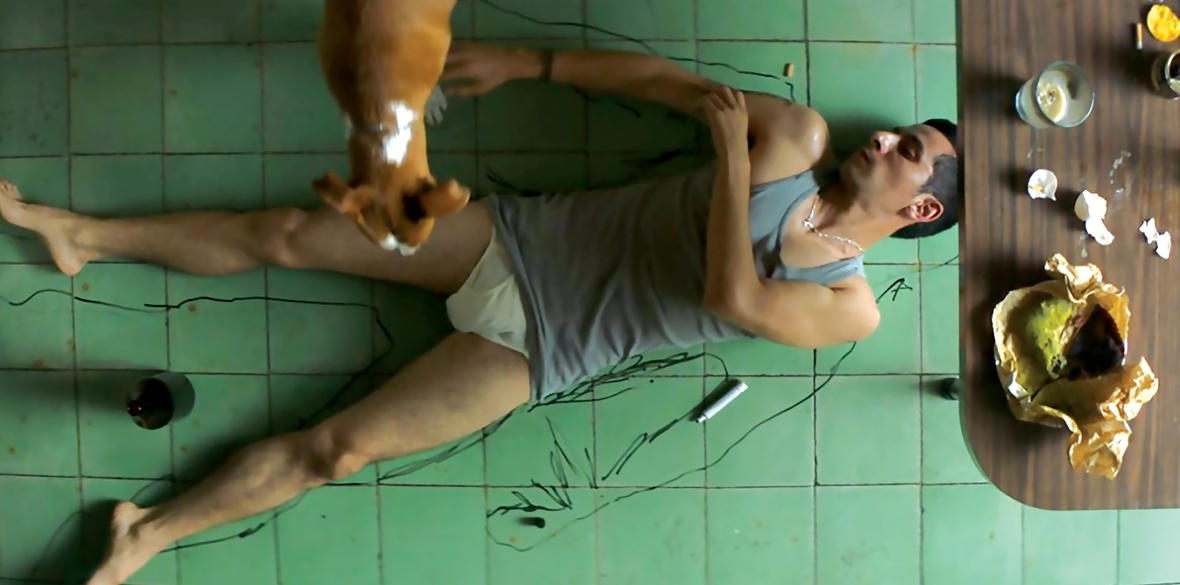This is the last article you can read this month
You can read more article this month
You can read more articles this month
Sorry your limit is up for this month
Reset on:
Please help support the Morning Star by subscribing here
THIS YEAR’S Berlin film festival, with a competition line-up including just three films made outside Europe and a jury consisting entirely of white people, all previous winners of the Golden Bear, offered no representation from Latin America or Africa. It was a markedly Eurocentric, if not incestuous, affair.
The Golden Bear prize went to Bad Luck Banging or Loony Porn by Romanian director Radu Jude, a clumsy and chaotic social satire shot during the pandemic with actors wearing anti-viral masks.
In it, a schoolteacher finds her career and reputation on the line after a personal sex tape is leaked online and while this take on her plight might resonate nationally, it lacks universal appeal.
Ryusuke Hamaguchi’s Wheel of Fortune and Fantasy won the Silver Bear Grand prize for three stories touching on themes of fate, serendipity and sexual pleasure in what’s a thoughtful, well-crafted and intriguing triptych.
The Silver Bear Jury prize went to Maria Speth’s Mr Bachmann and His Class, a lengthy documentary portraying a class of immigrant children in Germany, while Hungarian director Denes Nagy won Best Director for Natural Light, a very well-crafted anti-war film.
Touching and imaginative, it tells the story of Hungarian soldiers allied with Nazi Germany during WWII and their mission to kill Russian partisans hiding in the woods.
This year, the Berlinale awarded its first-ever gender-neutral acting awards, replacing the best actor and actress prizes. Maren Eggert won the inaugural Best Performance prize for Maria Schrader’s I’m Your Man, while Lilla Kizlinger won Best Supporting Performance for Bence Fliegauf’s Forest — I See You Everywhere.
Among the highly touted films which went without an award was Mexican Alfonso Ruizpalacio’s A Cop Movie. Blending documentary and narrative technique, it’s an original look at what makes a Mexican cop.
It centres on the relationship of two police officers who are in love and who believe in their job and it’s a film whose honesty hits home as it sharply addresses corruption while playing intriguing games with fact and fiction.
The Critics FIPRESCI Award went to Alexandre Koberidze’s What Do We See When We Look at the Sky, a Georgian love story about two lovers cursed not to recognise each other.
An enchanting fairy tale, it captures the life of the little village of Kutaisi – its people, dogs, birds, colours, tiny streets, cheerful children, summer breezes and the community getting together in its local bars.
Highly evocative, it allows you to almost smell the bread, the cheese and the freshness of the river and it's much like those silent films that print themselves indelibly on the mind. It teaches us to look and, like walks during lockdown, appreciate anew the places and the communities in which we live.












